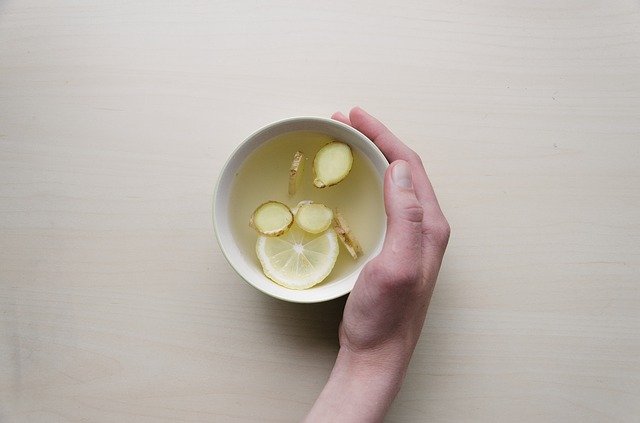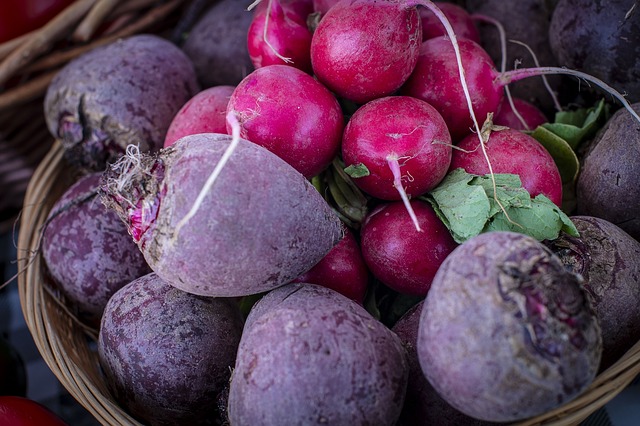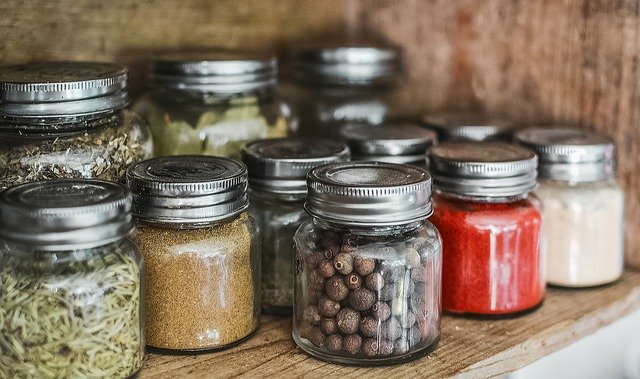Learn 9 Effective Home Remedies for Chest Cough
A chest cough with phlegm occurs in the respiratory tract and causes various problems in daily life. It occurs most often in autumn and winter.
If it is accompanied by symptoms such as fever, nausea, general body pain or pain in the chest and back area, it should be examined by a doctor but if there are no severe symptoms, there are many remedies that you can prepare at home to treat a chest cough.
A cough is a reflex and protects the lungs against aspiration. It is simply a mechanism of the respiratory system. It is a very common symptom.
It can be dry or phlegmatic. While dry cough may be easier to heal, phlegm cough treatment takes a little longer. Coughing is a defense system that helps the foreign substances stuck in the throat to be ejected from the body with the air coming from the lungs.
It usually occurs against upper respiratory tract diseases. This means that the cough is caused by the disease but is not a disease itself.
What are the causes of a chest cough?
- Lung damage
- Foreign substances entering the lungs
- Common cold
- Smoking
- Sinusitis
- Chest diseases
- Pneumonia
- Tuberculosis
- Bronchitis
- Allergies
- Being affected by cold weather
Causes phlegm and chest cough.
Some medicines and home rest may be sufficient for a chest cough caused by the common cold. In addition to this, however, there are some home remedies.
Some of those remedies include consuming herbal teas, taking a hot shower, adjusting the temperature and humidity of the room, not smoking, not being in dusty environments.
Some of the most important and effective remedies are listed below.
Home Remedies For Chest Cough:
- Ginger-Honey Mix
Add a spoonful of ginger to a glass of boiled water and wait for it to brew. Add honey after straining and drink lukewarm.
- Butter – Molasses
Boil a glass of water in a pot. Add 1 tablespoon of molasses and 1 tablespoon of butter. You can drink it after it gets lukewarm.
- Water with lemon juice

best home remedy for cold sore – lemon reduces inflammation
Adding lemon juice into the water is one of the other important methods for removing phlegm. By adding lemon juice to the water that you drink during the day, you can get rid of phlegm and consequently chest cough.
- Turmeric
Turmeric has a powerful antiseptic. It kills bacteria that cause excessive mucus production in the respiratory tract. Add a teaspoon of turmeric to a glass of hot milk. Drink this mixture once in the morning and repeat before going to bed.
- Licorice root
Licorice root shows expectorant properties when consumed as tea. It is also used in the treatment of asthma, bronchitis and other diseases related to the respiratory system.
- Thyme tea
Thyme tea has been used in the treatment of flu and colds since ancient times. A spoonful of honey you will add to the thyme tea will also soften the cough and help remove the phlegm.
- Black radish – Honey

Home remedies for chest cough. Black radish treats respiratory diseases
Scoop out the center of medium-sized black radish. Take care not to scoop out the bottom of the radish. Make 3-4 small holes under the radish with a fork.
Add two teaspoons of honey and let it sit until morning to let the honey drain through these holes. It will be sufficient to consume a teaspoon of the filtered mixture in the morning.
(Herbal teas such as fennel, anise and thyme are also among the recommended herbal teas to remove phlegm from the body.
Be aware that some plants and herbs should not be used for children under 2 years of age. If phlegm cough lasts longer than 3 days in children, a pediatrician should be consulted.)
- Onion
Cut a medium-sized onion into 6 pieces. Add one and a half glasses of water and boil. After the mixture boils, wait for it to cool and drink it lukewarm.
- Carob
One of the most effective methods used in the treatment of phlegmatic coughs is the carob plant. In half a liter of water, add 7-8 carob and boil and drink it twice a day. Do this for 3 days.
Prolonged coughing can lead to many negative consequences
- It can cause headache, nausea, and even vomiting
- May cause sore throat and hoarseness
- It can be uncomfortable at night and cause insomnia
- It may cause pain in the chest
- It can make it difficult to eat and drink normally
- It can cause rib fractures, especially in the elderly
- Persistent cough psychological effects may occur. The patient may feel restricted in social events
- It may cause or worsen urinary incontinence
- It can be tiring and reduce your energy for daily activities
Home Remedies to Burn Fat Quickly

As a nutritionist, I research, find and experiment with recipes, natural diets and meal plans for weight loss, bodybuilding, and detoxing.
